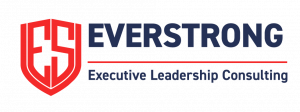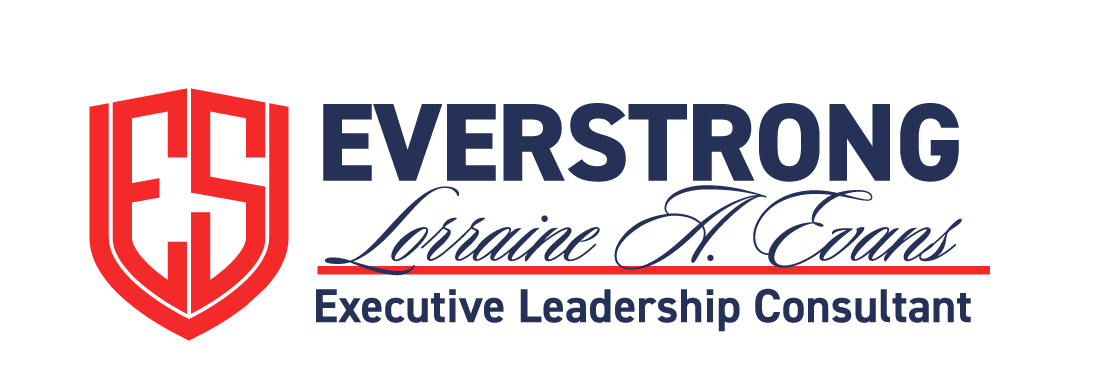Leadership is a critical factor in the complex world of business. It can make or break an organization’s success. Leadership consulting services offer a solution. They provide expert guidance to enhance leadership skills and strategies.
These services can transform an organization’s dynamics. They can improve decision-making, foster a culture of continuous improvement, and enhance overall performance.
But what exactly are leadership consulting services? How do they differ from general management consulting?
In this article, we will explore these questions. We will delve into the benefits of leadership consulting and coaching.
Whether you are a C-suite executive, HR professional, or business owner, this article will provide valuable insights. It will help you understand the value of investing in leadership development for your organization’s success.
The Essence of Leadership Consulting Services
Leadership consulting services focus on developing leadership capabilities. They aim to enhance the effectiveness of individuals, teams, and organizations.
Experienced consultants provide these services. They have a deep understanding of leadership dynamics and organizational behavior.
Leadership consultants use various tools and methodologies. They conduct assessments, facilitate workshops, and provide personalized coaching. Their goal is to identify areas for improvement and develop action plans.
The scope of leadership consulting is broad. It can include strategic planning, change management, team effectiveness, and more. The services are tailored to the specific needs and goals of the client.
In essence, leadership consulting services are a strategic investment. They help organizations unlock their potential and achieve tremendous success. They foster a culture of continuous learning and development, driving long-term growth and sustainability.
Leadership Consulting vs. General Management Consulting
Leadership consulting and general management consulting are distinct yet interconnected. Both aim to improve organizational performance, but they focus on different aspects.
General management consulting addresses various business issues, including strategy, operations, finance, and technology. The goal is to improve the organization’s overall efficiency and profitability.
Leadership consulting, on the other hand, focuses on people. It aims to enhance the skills, behaviors, and mindsets of leaders. The goal is to improve their ability to inspire and guide their teams toward achieving organizational objectives.
In essence, while management consulting optimizes the ‘machine’ of the organization, leadership consulting nurtures the ‘human’ element. Both are crucial for a balanced and sustainable approach to organizational success.
The Role of Leadership Consultants in Organizational Dynamics
Leadership consultants play a pivotal role in shaping organizational dynamics. They work closely with leaders to enhance their effectiveness in guiding their teams.
One key aspect of their role is to facilitate self-awareness. They help leaders understand their strengths, weaknesses, and leadership styles. This awareness is crucial for personal growth and effective leadership.
Leadership consultants also assist in developing critical skills. These can include strategic thinking, decision-making, communication, and emotional intelligence. These skills are vital for leading teams and managing change.
Moreover, they provide an external perspective. They can identify blind spots and provide unbiased feedback. This can lead to fresh insights and innovative solutions.
In summary, leadership consultants can significantly influence organizational dynamics. They do this by enhancing the capabilities of leaders, which, in turn, impacts the performance of their teams.
Addressing Leadership Challenges Through Consulting
Leadership consulting services are designed to address various challenges leaders face, from personal development issues to organizational problems.
For instance, leaders often need help with decision-making. They may struggle to make tough calls, especially in high-stakes situations. Leadership consultants can provide tools and techniques to improve decision-making skills.
Another common challenge is managing change. Leaders are often tasked with leading their teams through periods of transition. This can be stressful and challenging. Leadership consultants can offer strategies for effective change management.
Leadership consultants can also help address interpersonal issues, such as conflict resolution, communication breakdowns, and team dynamics. They can guide you on how to handle these situations effectively.
In summary, leadership consulting services can help leaders overcome various challenges. These include:
- Decision-making difficulties
- Change management issues
- Interpersonal conflicts
- Communication breakdowns
- Team dynamics problems
By addressing these challenges, leaders can become more effective and successful.
The Impact of Effective Leadership on Organizational Success
Effective leadership is a critical factor in the success of any organization. It can influence various aspects of an organization’s performance.
One key area impacted by effective leadership is employee engagement. Engaged employees are more productive and contribute more to the organization’s success. Leadership consulting services can help leaders foster a culture of engagement.
Effective leadership also influences the organization’s strategic direction. Leaders create the organization’s vision and goals. Leadership consultants help them develop a clear and inspiring vision.
Moreover, effective leadership can enhance team effectiveness. Leaders play a crucial role in fostering collaboration and teamwork; leadership consultants can provide strategies to improve team dynamics.
In conclusion, effective leadership, facilitated by leadership consulting services, can significantly impact an organization’s success. It can enhance employee engagement, provide strategic direction, and improve team effectiveness.
Personalized Leadership Coaching Programs and Their Benefits
Leadership coaching is a personalized approach to leadership development. It focuses on each leader’s unique needs and goals.
One of the main benefits of personalized leadership coaching is its flexibility. It helps customize the coaching program to meet the leader’s needs, making sure the leader gets the most out of the coaching.
Another benefit is the focus on individual growth. Personalized coaching can help leaders identify their strengths and areas for improvement and provide personal and professional development strategies.
Personalized coaching can also enhance decision-making skills. It can provide leaders with the tools and techniques to make informed decisions. This can lead to improved organizational performance.
In conclusion, personalized leadership coaching programs offer numerous benefits. They provide a flexible and individualized approach to leadership development, enhance decision-making skills, and promote personal growth.
Case Studies: Leadership Consulting in Action
Case studies provide valuable insights into the effectiveness of leadership consulting. They offer real-world examples of how consulting can transform leadership practices and organizational performance.
One case study involves a global manufacturing company. The company needed help with low employee morale and high turnover rates. After engaging a leadership consultant, the company saw a significant improvement in these areas. The consultant helped the leaders develop effective communication strategies and foster a positive work environment.
Another case study involves a non-profit organization facing strategic planning and decision-making challenges. The organization got help from a leadership consultant to create a clear plan and make better decisions.
These case studies demonstrate the transformative power of leadership consulting. They show how consulting can address leadership challenges and contribute to organizational success.
Aligning Leadership Development with Organizational Goals
Leadership consulting services are crucial in aligning leadership development with organizational goals. This alignment is vital for the success of any organization.
Consultants work closely with leaders to understand the organization’s strategic objectives. They create leadership programs to help leaders gain the skills and knowledge needed to achieve the organization’s goals.
Leadership training might teach leaders to improve customer service skills if a company wants to make customers happier. If the goal is to increase market share, the development program may emphasize competitive strategies and innovation.
In this way, leadership consulting services ensure that leadership development is not an isolated process. Instead, it is closely tied to the organization’s strategic objectives, contributing to overall organizational success.
Measuring the ROI of Leadership Consulting Services
Measuring leadership consulting services’ return on investment (ROI) can be challenging. However, it is a crucial step in evaluating their effectiveness.
One approach is to measure changes in leadership behaviors. This can be done through 360-degree feedback surveys, performance reviews, and observation. If leaders demonstrate improved skills and behaviors due to consulting, this is a positive indicator of ROI.
Another approach is to assess organizational outcomes. This could include employee engagement, productivity, and turnover rates. If these metrics improve following leadership consulting, it suggests a positive ROI.
However, it’s important to remember that the benefits of leadership consulting often extend beyond quantifiable metrics. Improved leadership can lead to a more positive organizational culture, better decision-making, and increased adaptability. These benefits, while more complex to measure, are equally valuable.
Selecting the Right Leadership Consulting Services for Your Organization
Choosing exemplary leadership consulting services for your organization is a critical decision. It requires careful consideration of your organization’s needs and goals.
Firstly, defining what you hope to achieve through leadership consulting is essential. This could be anything from improving decision-making skills to fostering a culture of continuous improvement.
Next, consider the consultant’s qualifications and experience. Look for a consultant with a proven track record in your industry or area of focus. They should also have relevant certifications and a strong reputation in the field.
Additionally, consider the consultant’s approach to leadership development. Do they offer a tailored approach that considers your organization’s unique needs and challenges, or do they use a one-size-fits-all approach?
Finally, consider the cost of the services and the potential ROI. While leadership consulting can be a significant investment, the potential benefits for your organization can be substantial. For a consulting firm with passion and skills, choose Everstrong Leadership Consulting Company in the Washington, DC, area.




